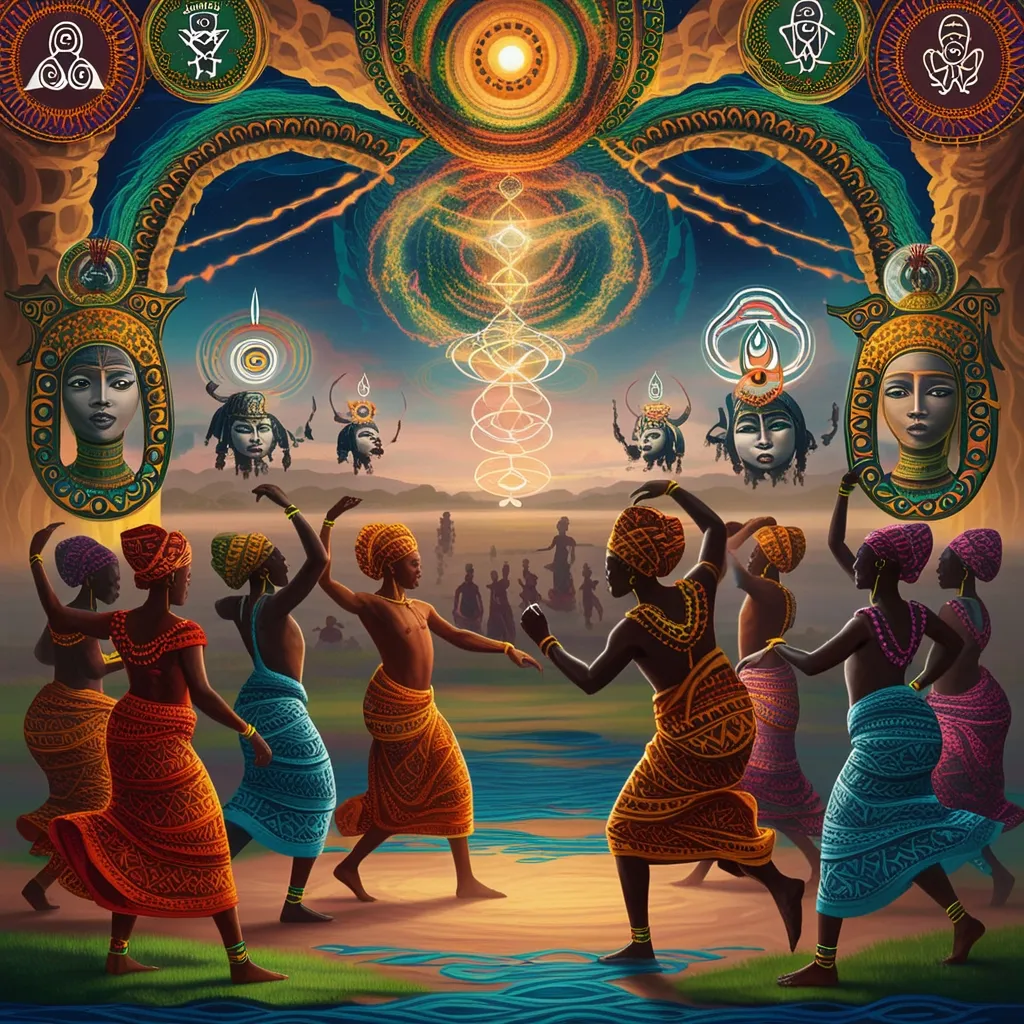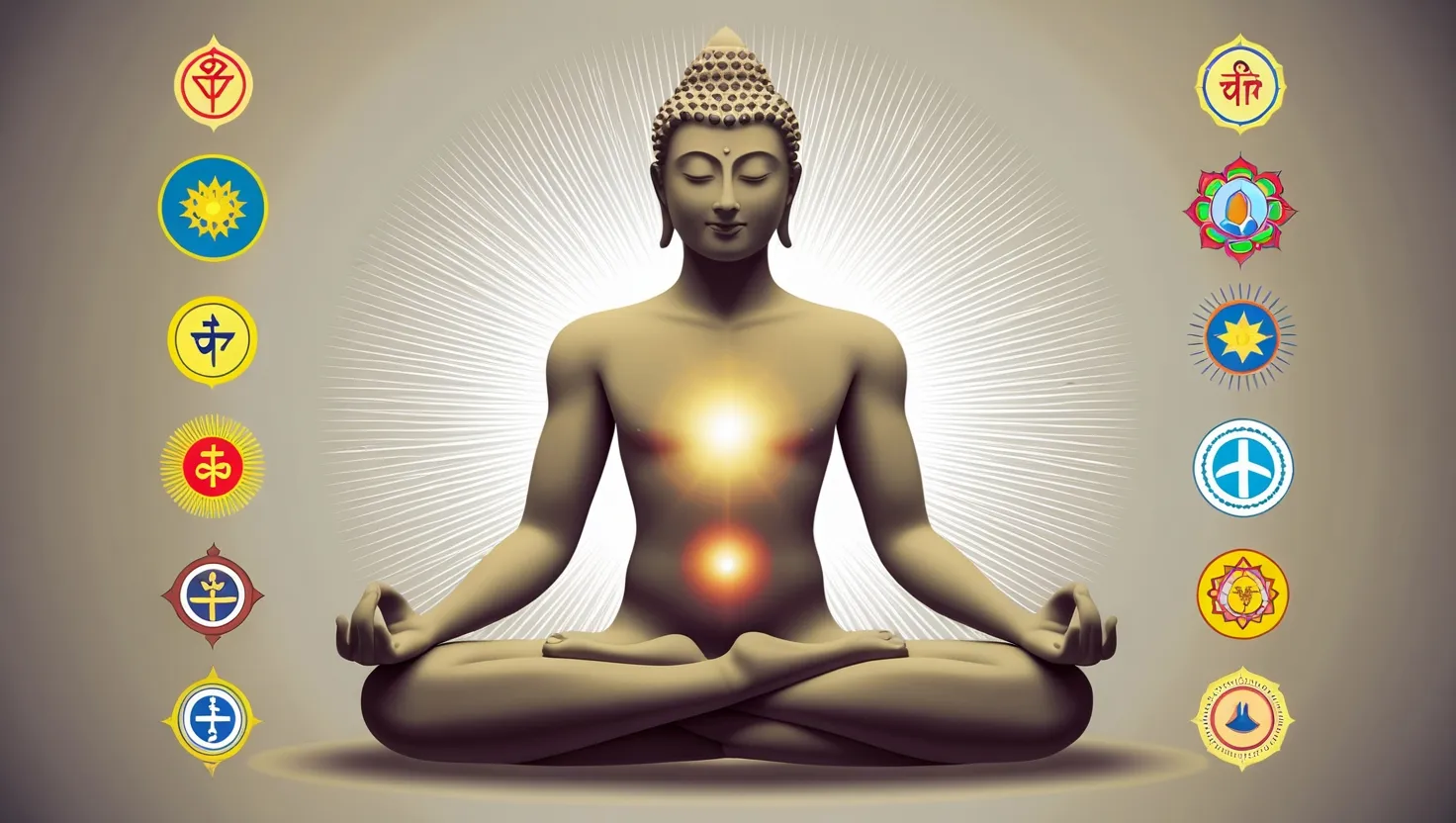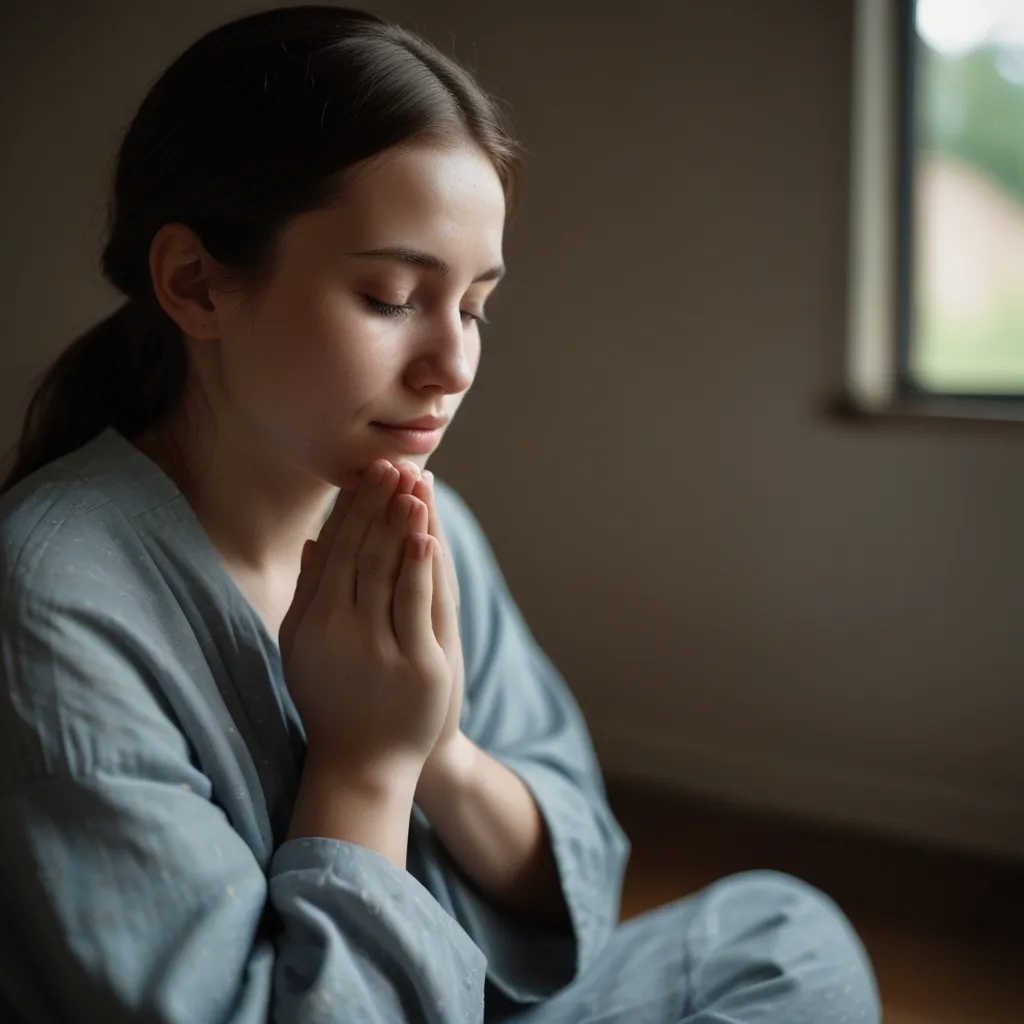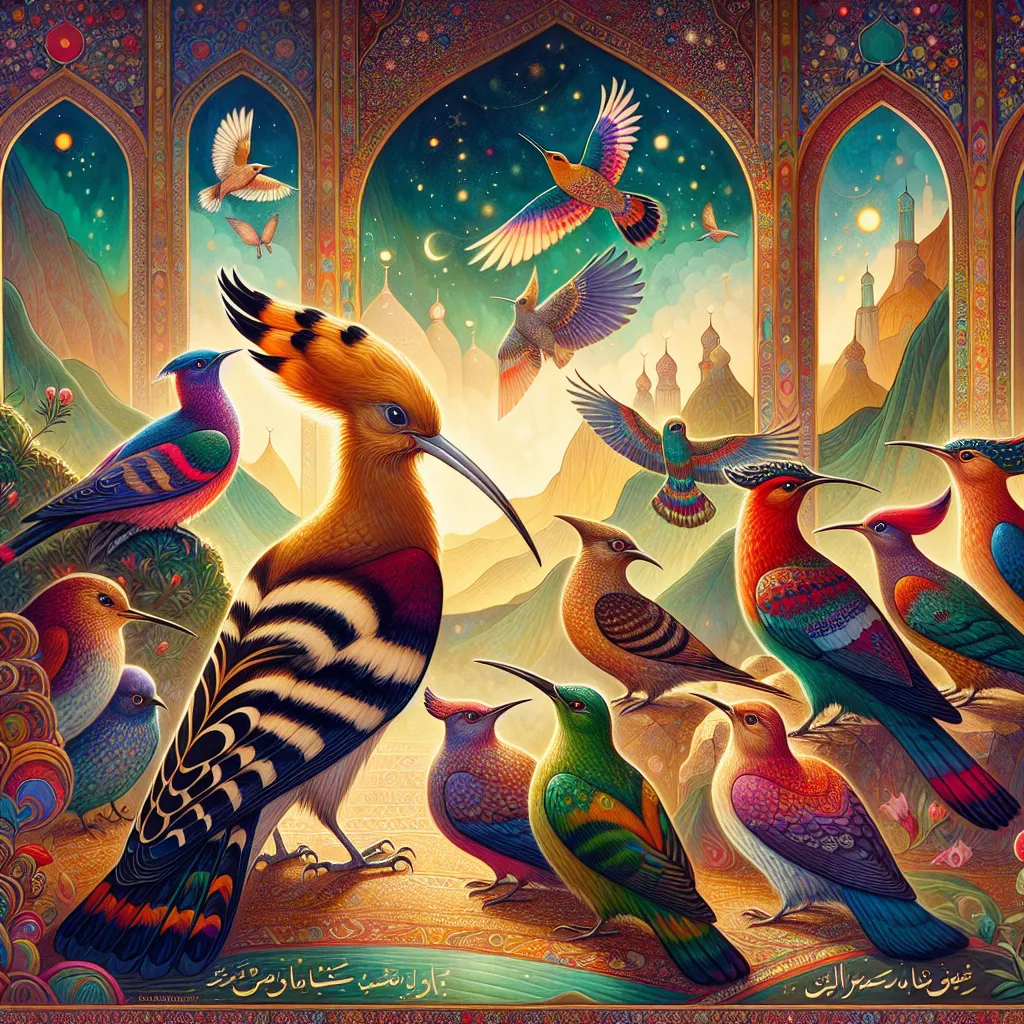Imagine a world where the spiritual landscape is a rich tapestry woven with threads from ancient traditions, deep cultural insights, and a universal quest for understanding. The Yoruba religion, originating from West Africa, particularly southern Nigeria, is a prime example of such a treasure. It’s an ancient tradition full of mythology and spiritual depth, whose influence has stretched far beyond its African homeland, silently embedding itself in numerous global cultural practices.
The core beliefs of the Yoruba religion start with a simple yet profound idea of balance and guidance from divine forces. At the center of the Yoruba universe is Olodumare, the supreme deity akin to God. Yet, the Yoruba sky isn’t singular; it’s populated by a pantheon of orishas. Think of these orishas as celestial messengers or angels, guiding the spiritual and daily affairs of their followers. They make the spiritual real and immediate, ensuring that the divine grace touches every corner of life, nudging every action towards collective growth and individual fulfillment.
One of the key concepts is “ase,” a notion that feels like magic spun into reality. It’s less of a spell, more of a life force - the empowered word that ties together the universe’s jazz, ensuring everything grooves to the same cosmic beat. Ase fuels the rituals and spiritual practices, making every action a dance in alignment with divine will, every word a ripple in the universal current.
The story of the Yoruba religion took an unexpected turn with the transatlantic slave trade, an era marked by sorrow but also astounding resilience. Yoruba people, taken to faraway lands during these dark times, carried their traditions with them like precious seeds. These seeds found fertile soil in the Americas, blossoming into unique spiritual traditions like Santería, Umbanda, and Candomblé. Each of these offspring possesses the soulful vibrancy of Yoruba spirituality, adapted ingeniously to new environments and hybrid cultural landscapes.
Santería, for example, emerged as a vibrant religious fusion in Cuba. By blending Yoruba orisha worship with Catholicism, it slid under the radar of colonial oversight. It maintained the true essence of Yoruba beliefs while outwardly reflecting the icons of Catholic sainthood. This cultural dance is mirrored in the practices of Umbanda and Candomblé across South America, showcasing an enduring legacy of spiritual tenacity.
In terms of rituals, the Yoruba religion is richly expressive, intertwining life’s physical and spiritual threads seamlessly. The Ifá divination system stands out as a sophisticated method of cosmic dialogue, employing palm nuts or cowry shells to seek oracular guidance. Such practices reflect a profound belief in the connectedness of body and spirit, where the physical act is a mirror of spiritual intent.
The body in Yoruba culture is a sacred vessel, not just a carrier of the spirit but part of the spiritual ecosystem itself. Imagine rituals where the beat of drums, the sway of dance, and the simple act of offering become profound spiritual expressions. Each body move echoes a part of the orishas’ energy, impacting the material and spiritual plane alike, underlining a deep-seated respect for the interconnected fabric of existence.
The concept of “ori” digs even deeper into personal identity, relating to one’s spiritual consciousness or destiny. It’s about an individual’s quest for balance and harmony, walking the path pre-chosen before life. The journey is a continuous dance to align the physical with the spiritual, ensuring one’s life aligns with their divine blueprint.
Globally, the Yoruba religion’s influence is a story of silent rivers running deep. Its core principles resonate across diverse societies, appealing to anyone seeking robust, heartfelt connections to ancestry and the cosmos. The communal focus, ancestor veneration, and universal life force concept aren’t limited to a single geographic region; they speak to broader human experiences, urging a reconnection to roots and a return to soulful spirituality.
In recent years, Yoruba traditions have seen a resurgence, particularly among African Americans yearning to reconnect with their heritage. Communities like Oyotunji in South Carolina serve as vibrant beacons of cultural pride and spiritual authenticity, seeking to practice Yoruba spirituality free from outside influences. This revival echoes a larger movement - a global turning towards indigenous practices in the face of an ever-accelerating modern world.
Yoruba religion’s story is one of endurance, profound depth, and timeless relevance. It has painted its colors across the global spiritual landscape, from African soil to American shores and beyond. For those delving into spirituality, it offers a path rich in history and vibrant in practice, a reminder of the enduring quest for meaning that spans continents and generations. As the world continues its search for authentic spiritual experiences, Yoruba teachings stand out, offering a lasting and resonant journey toward fulfilling the soul’s deepest yearnings.






